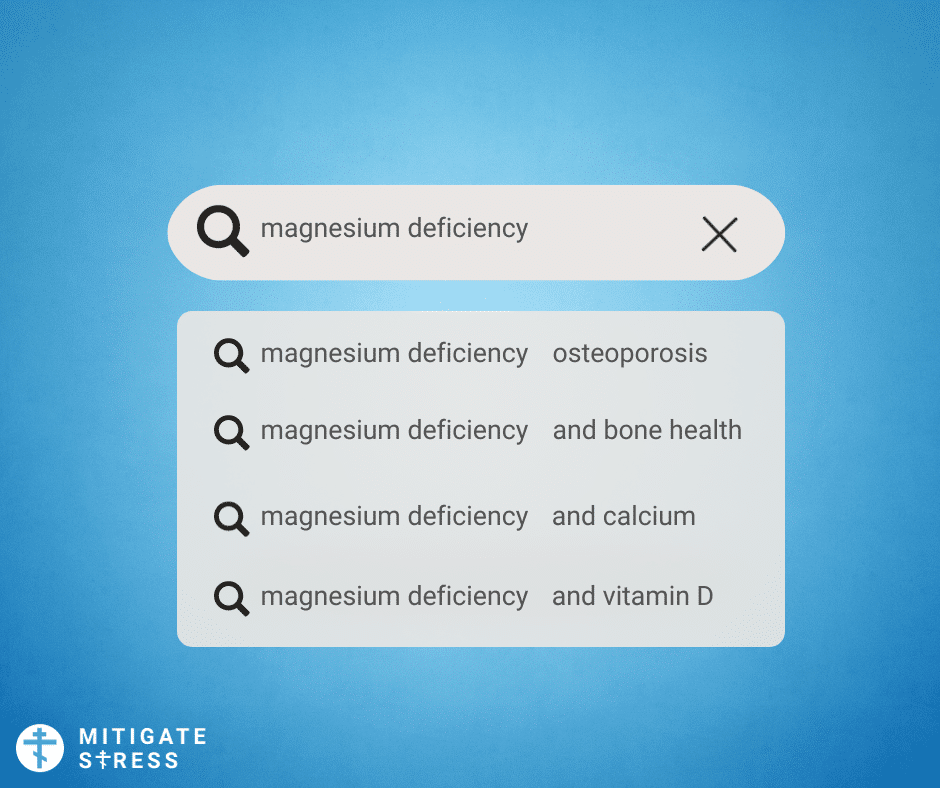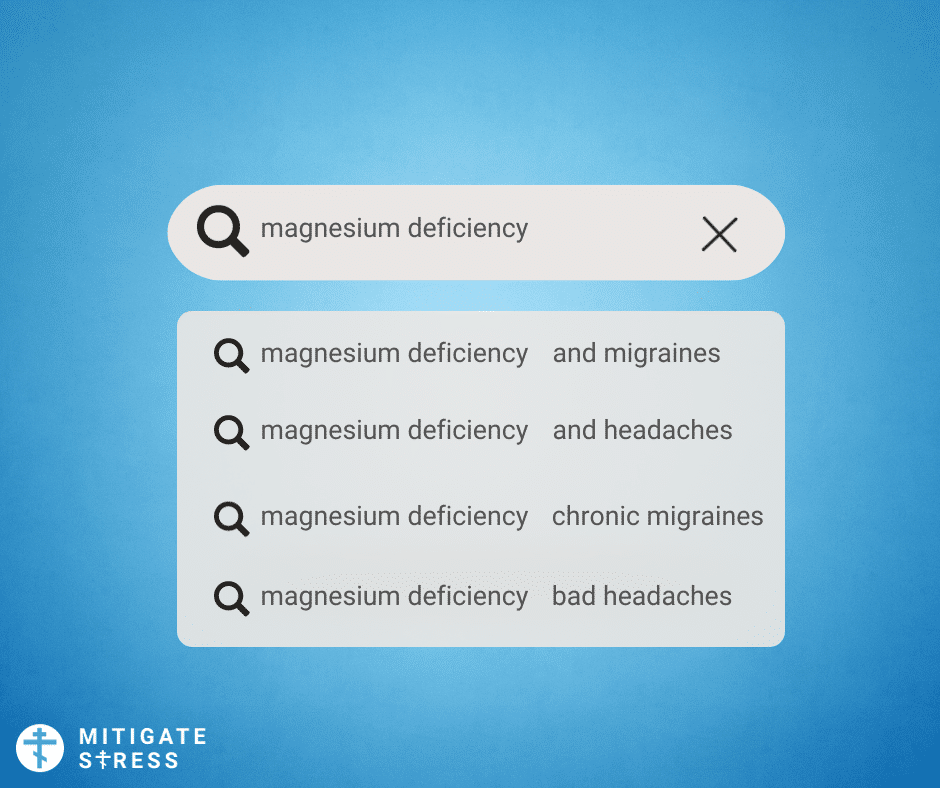Magnesium is the fourth most abundant mineral found in the human body that may prevent diabetes, heart disease, Alzheimer’s, osteoporosis, depression, cancer, anxiety, constipation, intestinal irritation, and possibly many other diseases. There are over sixty-five conditions associated with magnesium deficiency and over 100 factors related to magnesium deficiency, such as anger, anxiety, confusion, brain trauma, asthma, and many more (The Magnesium Miracle (Second Edition)).
The body also utilizes magnesium for detoxification pathways, including correcting/buffering too much acid buildup in the body, neutralizing toxic waste, and protection from heavy metals. Research shows that adequate amounts of magnesium bicarbonate protect brain cells from the caustic effects of aluminum, cadmium, mercury, beryllium, lead, nickel, and more. These metals (and many more) compete with magnesium. If magnesium is low, these metals have free access to the brain.
Every single cell in the human body requires adequate amounts of magnesium to function. Magnesium also improves concentration and focus and calms the brain by lowering glutamate. Calcium contracts our muscles, whereas magnesium relaxes our muscles.
Did we mention the heart is a muscle? Not every form or source of magnesium is created equal. Some forms have more bioavailability than others, while some are utterly toxic and nothing more than a poor-quality laxative, making achieving optimal levels and cell saturation nearly impossible. It’s not just the form of magnesium, though; it’s also the sourcing. Each form of magnesium will yield unique reactions for each individual.
Most doctors and misled information being spread lead us to believe you will know you are consuming enough magnesium when you reach the laxative effect. It is not that simple, though. Magnesium oxide is generally a doctor’s choice; however, it is only 4% absorbed and highly laxative. Many doctors are taught that if you have any form of kidney dysfunction, kidney disease, or even kidney failure, you should be careful with consuming magnesium and possibly avoid it overall. Dr. Carolyn Dean has found that kidney patients, even those on dialysis, can safely take a picometer of a stabilized ionic form of magnesium for their debilitating leg cramps and heart palpitations.
Another important thing to mention is that adenosine triphosphate (ATP) energy molecules are made in the mitochondria via the Krebs cycle. Six of the eight steps in the Krebs cycle are dependent on magnesium. The definitive test that would inform you about the status of your magnesium levels, the ionized magnesium blood test, is not readily available to the public. An alternative, less accurate, but still helpful test is the magnesium RBC test. Most doctors rely on the serum magnesium test, which is inaccurate. Yet, it is still used as the standard means of testing in hospitals, clinics, and most clinical trials. It does not even appear on an electrolyte panel. Only 1 percent of the body’s magnesium is in the blood, and only 40 percent is in the tissues.
When beginning with any form of magnesium, we recommend always starting low and slow, at least half the dosage, spreading the dosage throughout the day, and keeping it away from food for at least 60 minutes. Dilute your magnesium in your water and only sip; avoid gulping. Try pairing your magnesium with some form of physical activity or movement or when under immense stress/mental/physical demand. Again, try to avoid taking too much at once.
“Up to 50% of sudden heart attacks may be due to magnesium deficiency…” – Dr. James Pierce, Ph.D., Author, Your Nutritional Key to Cardiovascular Wellness.
* This post contains affiliate link(s) or codes. An affiliate link or code means I may earn advertising/referral fees if you make a purchase through my link, without any extra cost to you. It helps to keep our small business afloat. Thanks for your support.






0 Comments